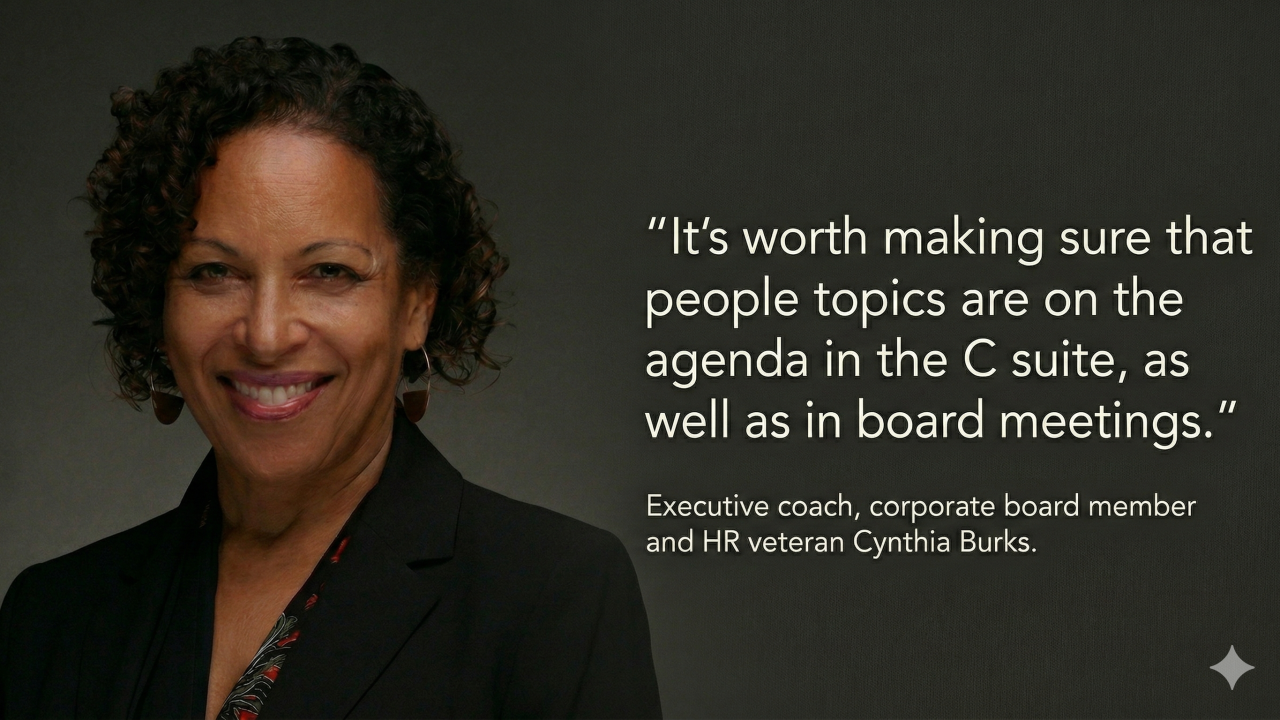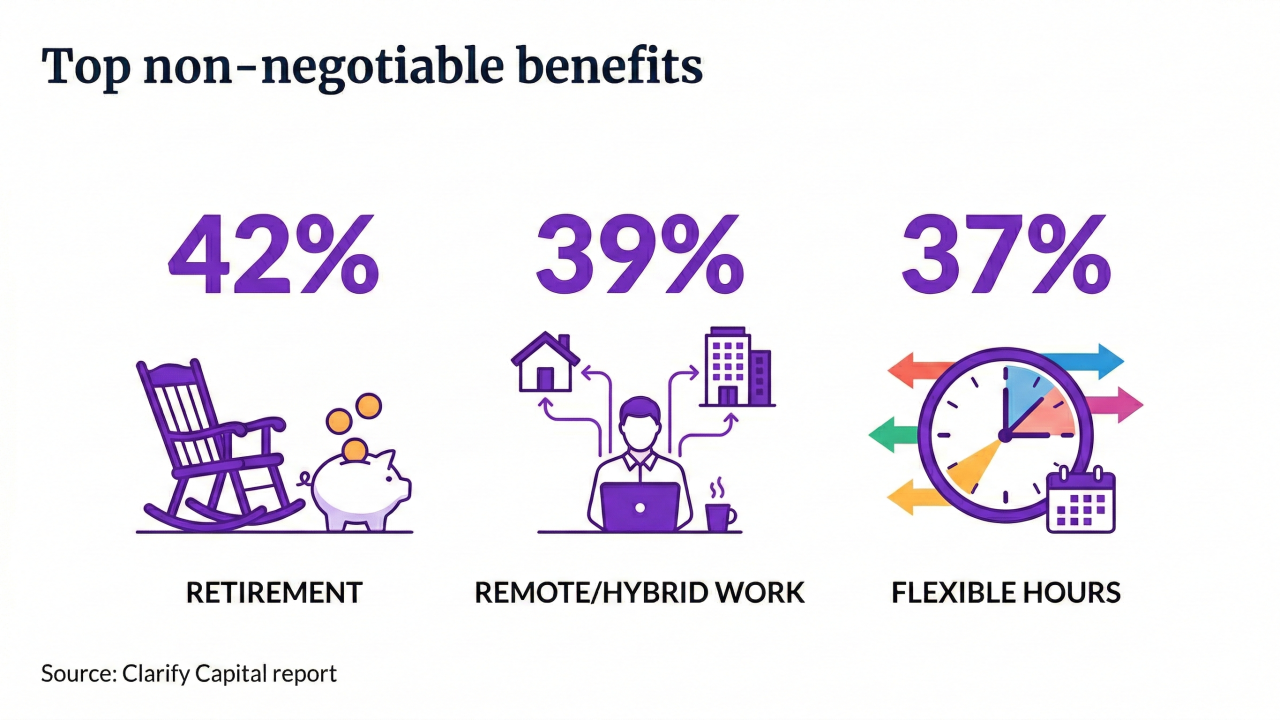With healthcare costs on the rise, benefit leaders are being confronted with how to keep their employees healthy while staying mindful of budgets. Advances in medical technology are helping them accomplish both.
Cancer, heart disease and musculoskeletal (MSK) disorders are the health conditions costing employers the most. Regular screenings and other types of preventative care are essential to staying ahead of late-stage diagnoses and worsening health, but barriers to including geographic location, financial challenges and busy work and home schedules can keep employees from seeking or following up on regular care.
To combat this, forward-thinking healthcare companies are creating technology-based tools that allow people to access virtual and digital care, reduce the administrative burden on providers and offer employers important analytics that help them make more informed benefit decisions.
Read more: Employees would take a job if Ozempic was part of their benefits package
Here are some of the latest tech-driven benefit offerings allowing employees to seek expert, convenient, affordable care in some of health's most challenging areas.






